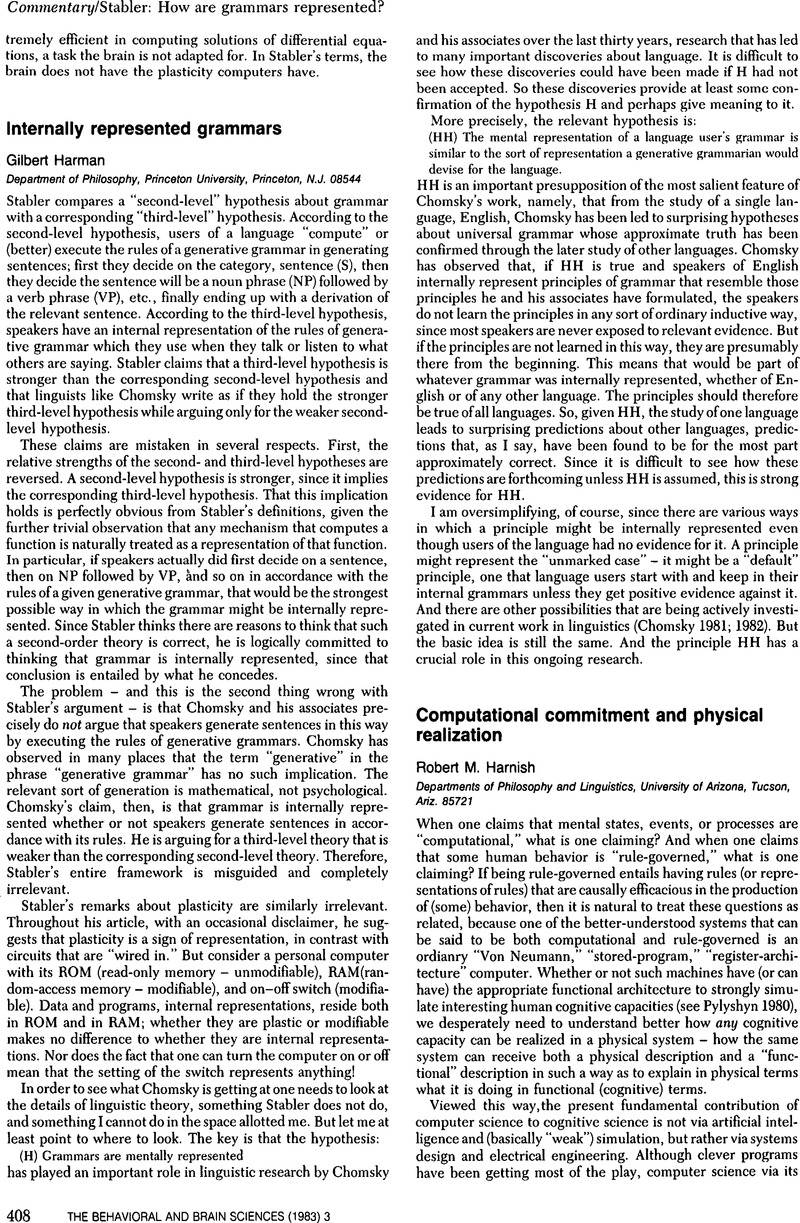Crossref Citations
This article has been cited by the following publications. This list is generated based on data provided by Crossref.
Stabler, Edward P.
1986.
Computational models of language processing.
Behavioral and Brain Sciences,
Vol. 9,
Issue. 3,
p.
550.
Harvey, R. J.
1986.
Language processing and computer programs.
Behavioral and Brain Sciences,
Vol. 9,
Issue. 3,
p.
549.


